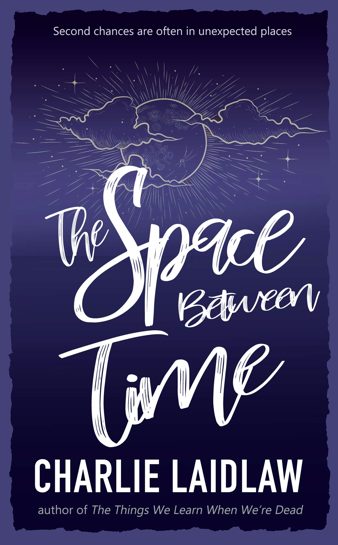Much like the protagonist of Charlie Laidlaw’s latest novel, The Space Between Time, this book grows and develops over time. Emma Maria Rossini starts the story as a child and the plot takes some time to really get going, perhaps focussing too much on those early childhood memories although they do become more significant later on.
Emma is a young girl who on the surface is living a perfect life with a beautiful mother, rich and famous father and loving grandparents, but, underneath, the problems and machinations caused by what is actually quite a dysfunctional family are beginning to rise to the surface building to a dramatic turning point which starts to open up the story into a philosophical untangling of who we are and exploring the idea “that the threads of who we were are just the incomplete tapestry of who we will be.”
Interwoven with the main plot is Emma’s grandfather’s ‘famous’ Rossini theorem but it jars somewhat with the fluidity of the neat little story of Emma’s untangling of her past and working her way through her difficulties. However, the grandfather himself is a beautifully constructed character who the reader can easily imagine sitting in his Italian village, eating spaghetti and causing his moustache to curl up at the sides with laughter. This talent for characterisation is one which is evident throughout Laidlaw’s work, even peripheral characters described in such intricate detail as to be able to see them clearly in the mind’s eye.
Ultimately, The Space Between Time has some important messages about the small part we play in the world and yet how every small action we take can have a knock-on, reverberating effect to not only the rest of our lives but to the lives of others. How what may seem like inconsequential events may be the writing of a new chapter and how we are ultimately all connected.
